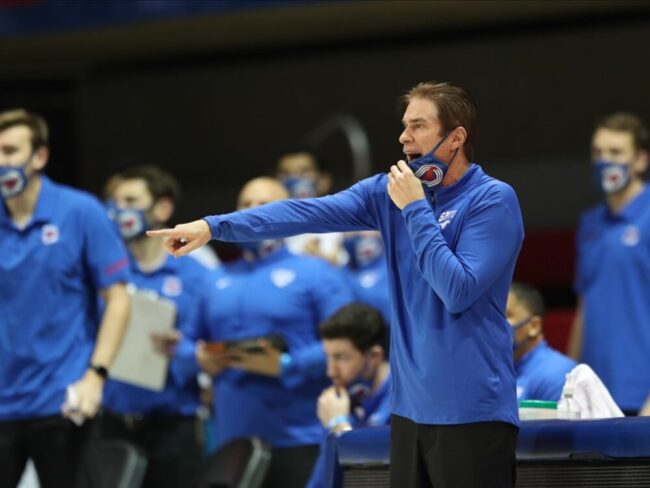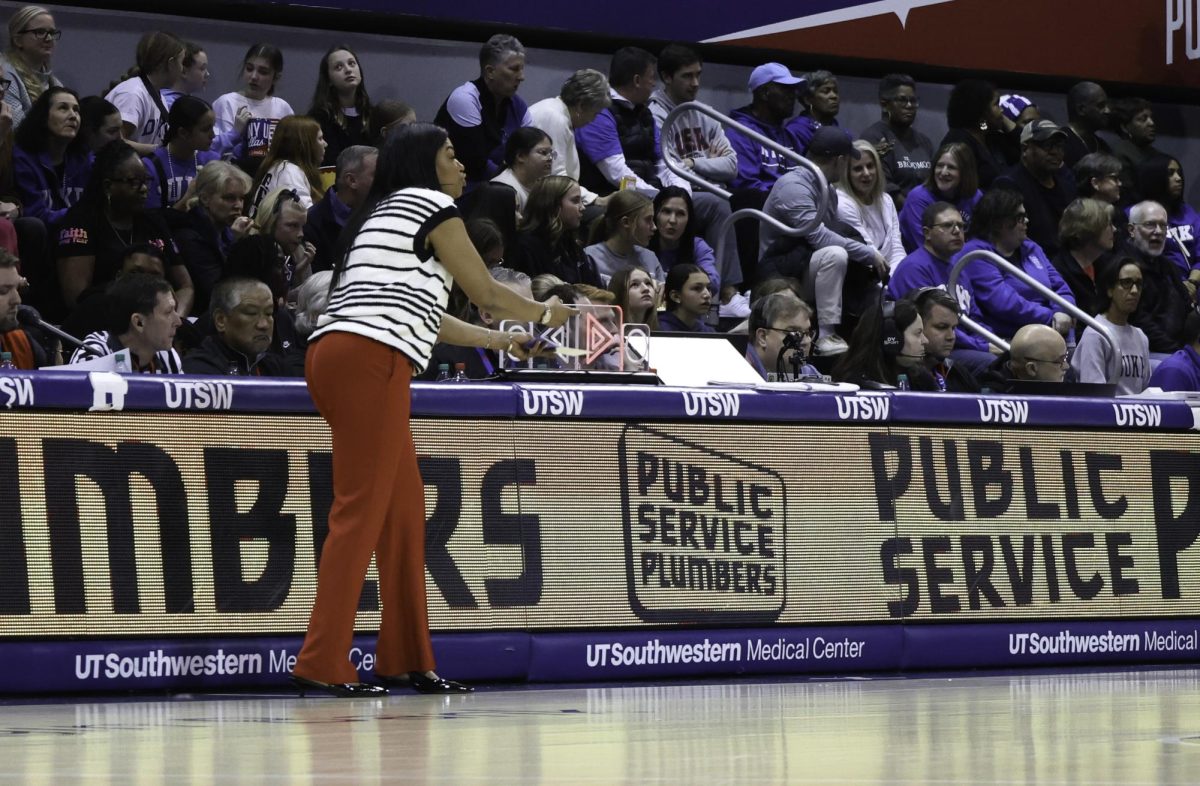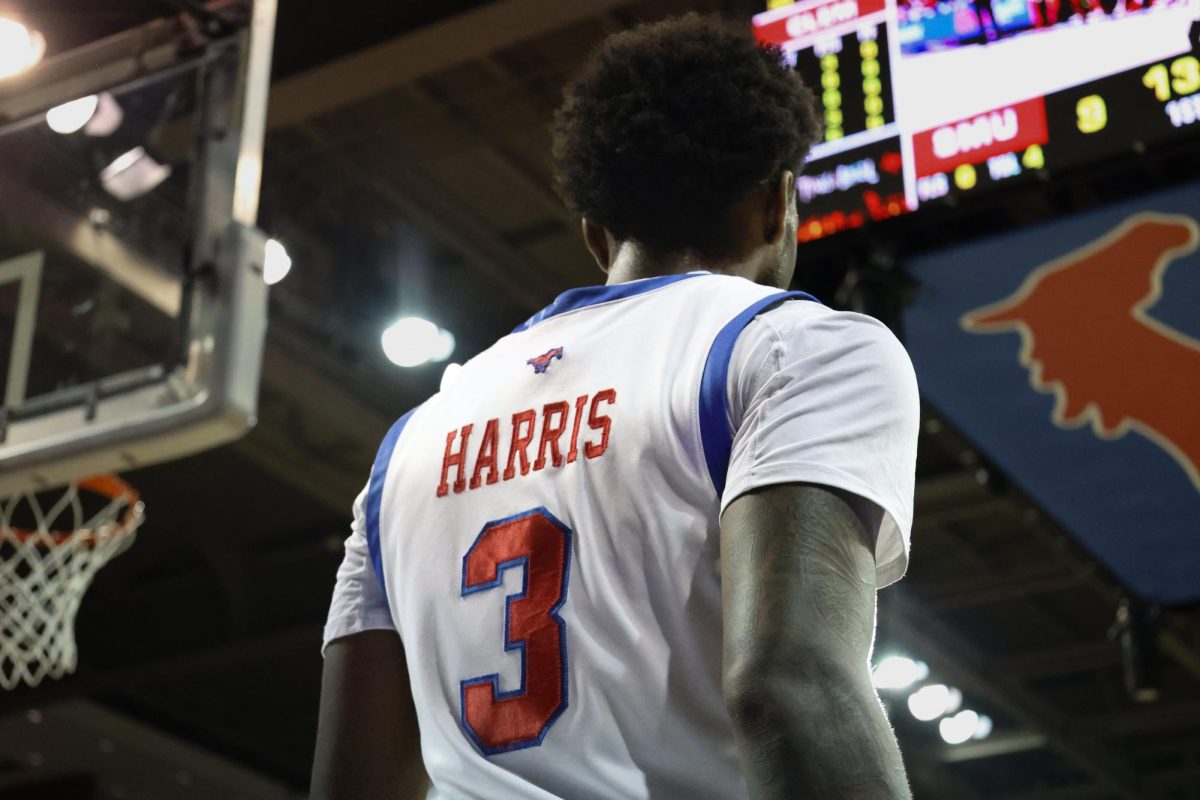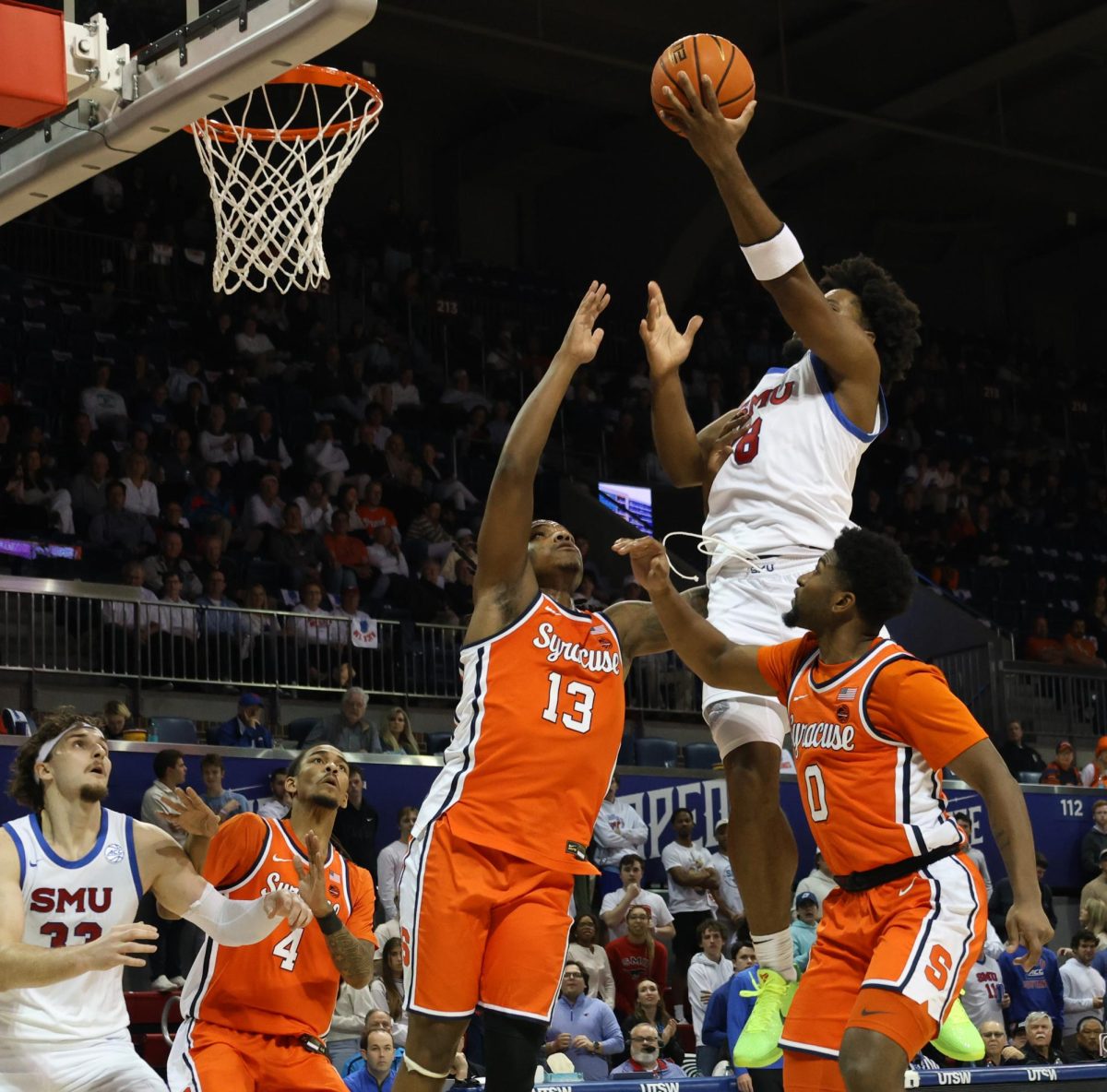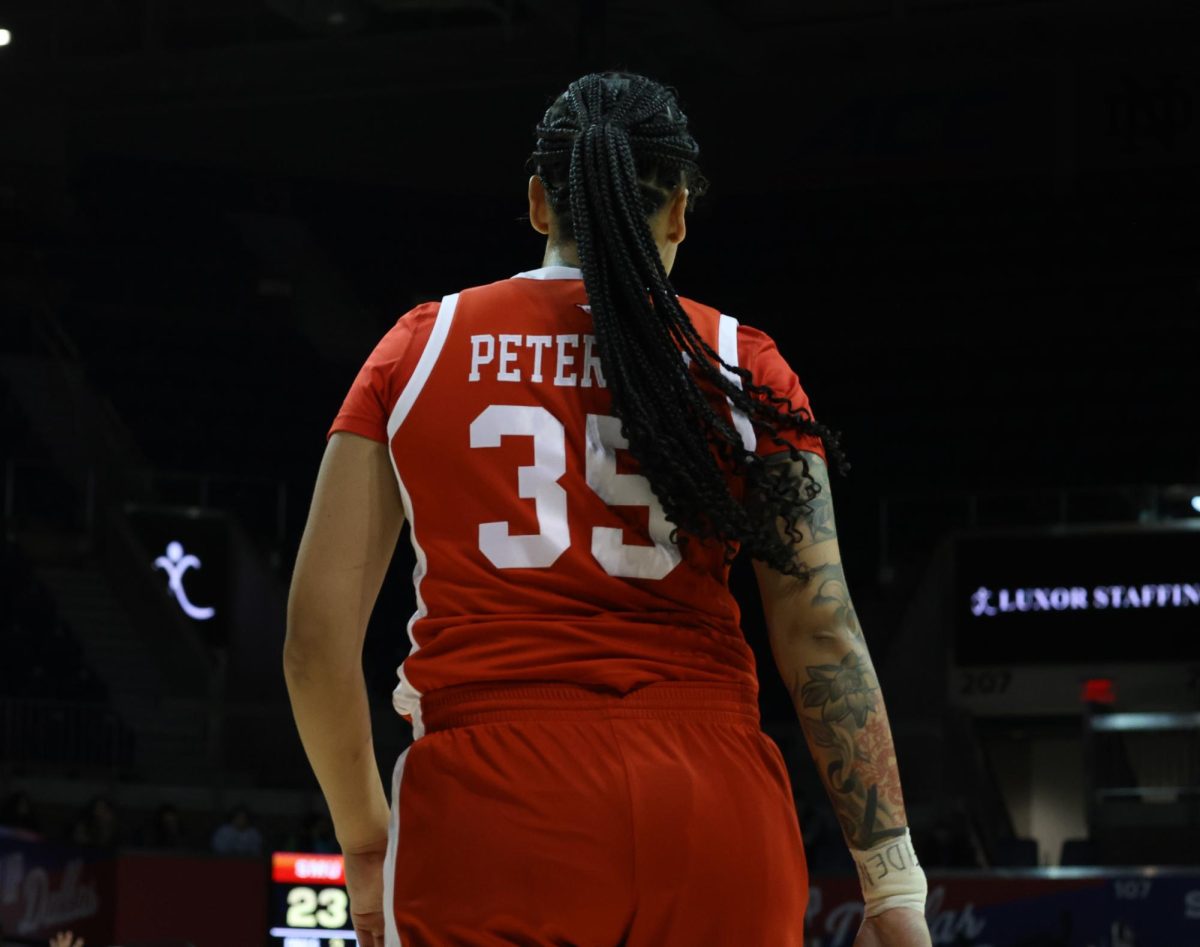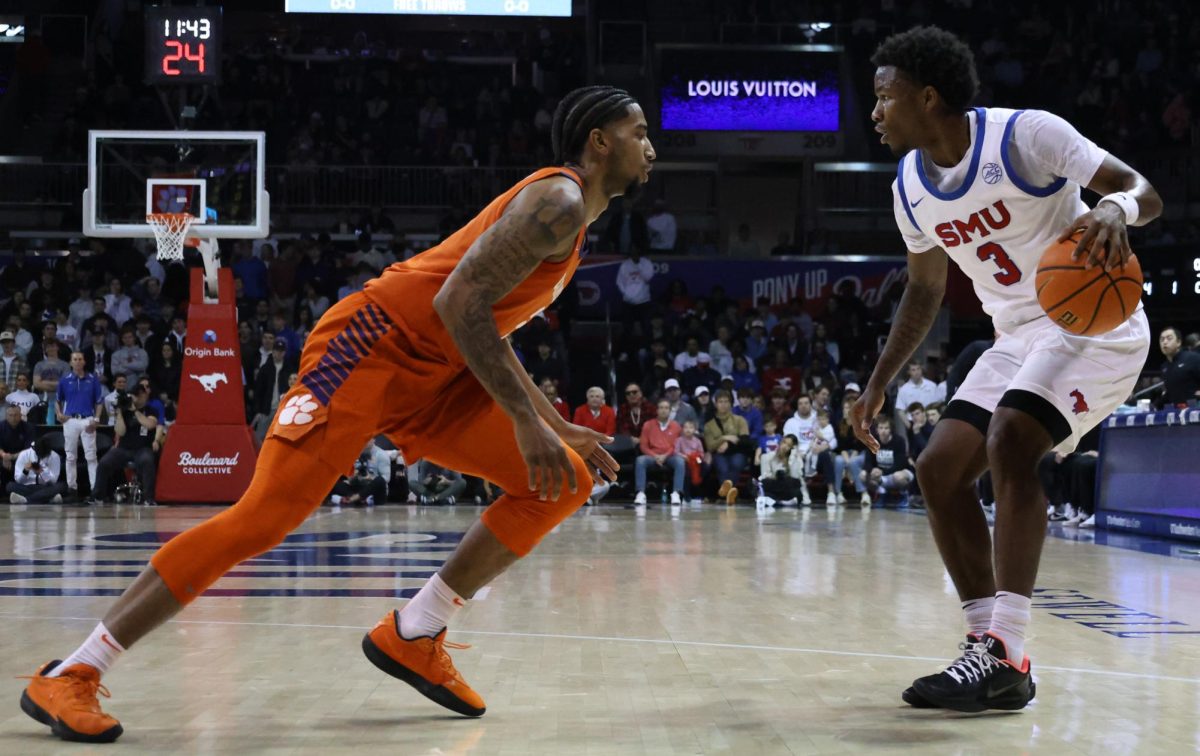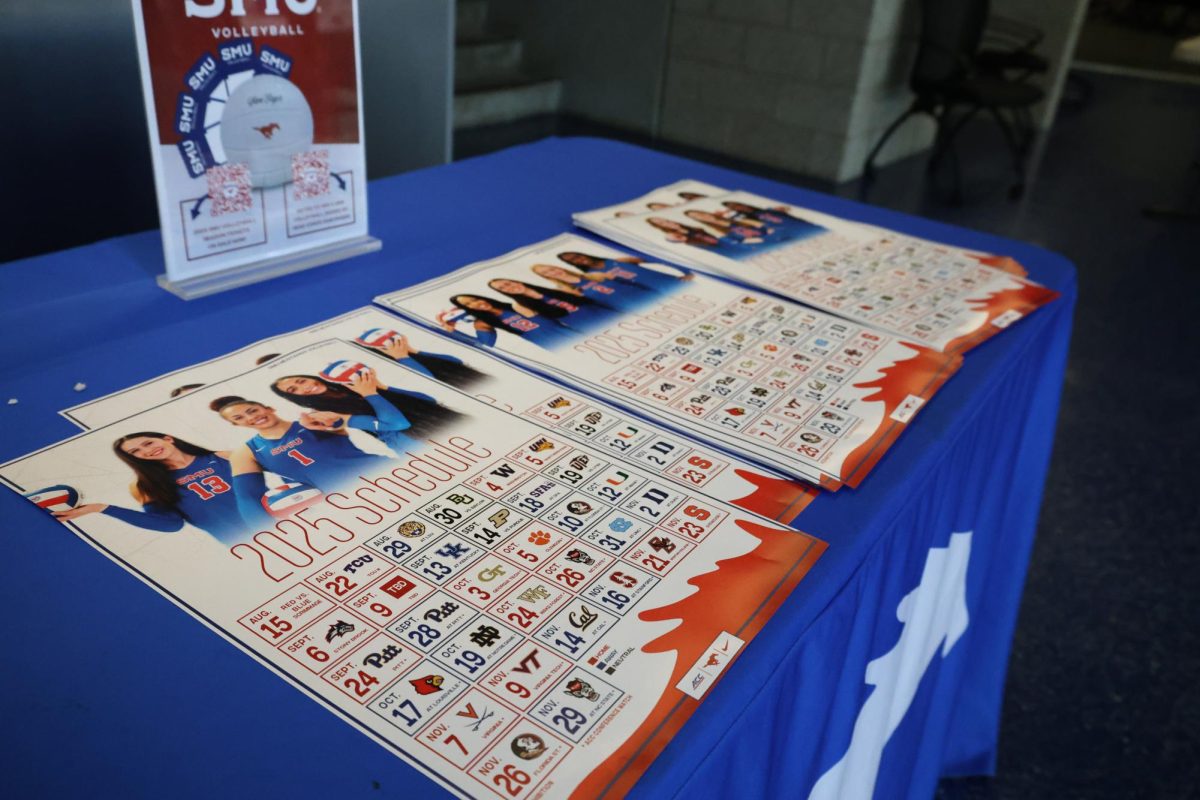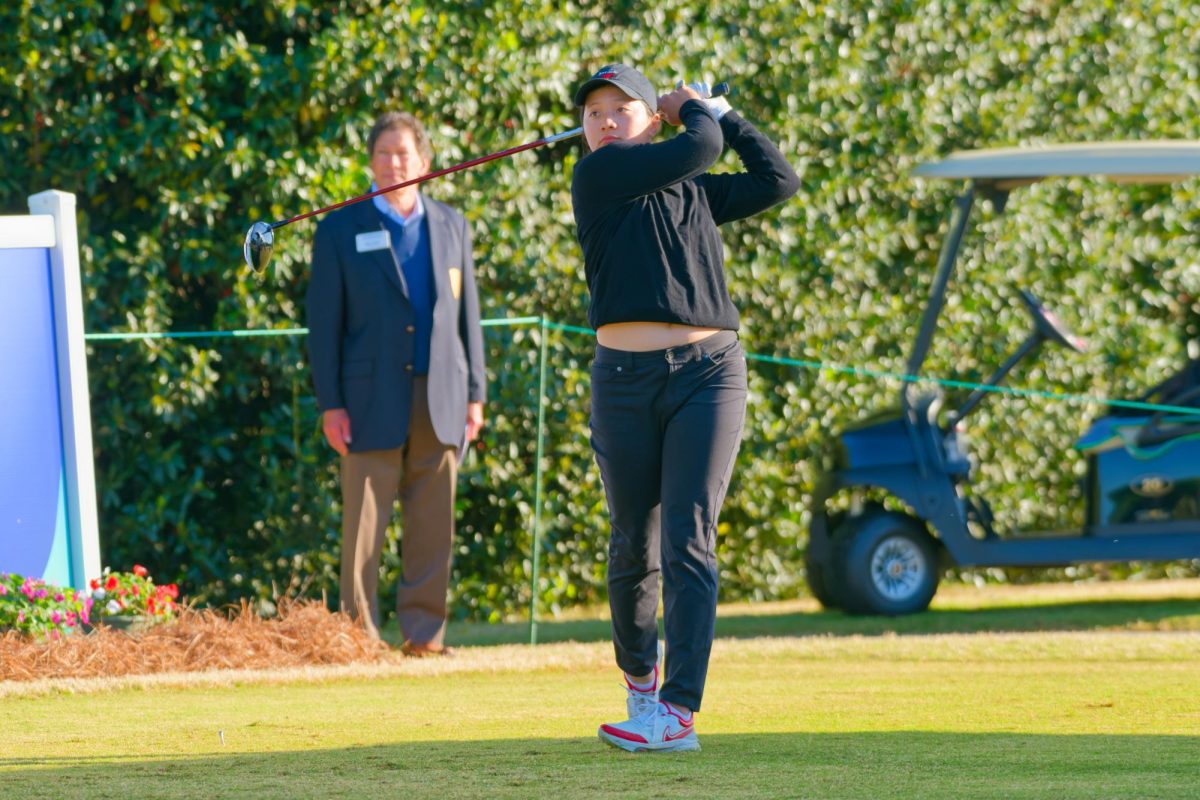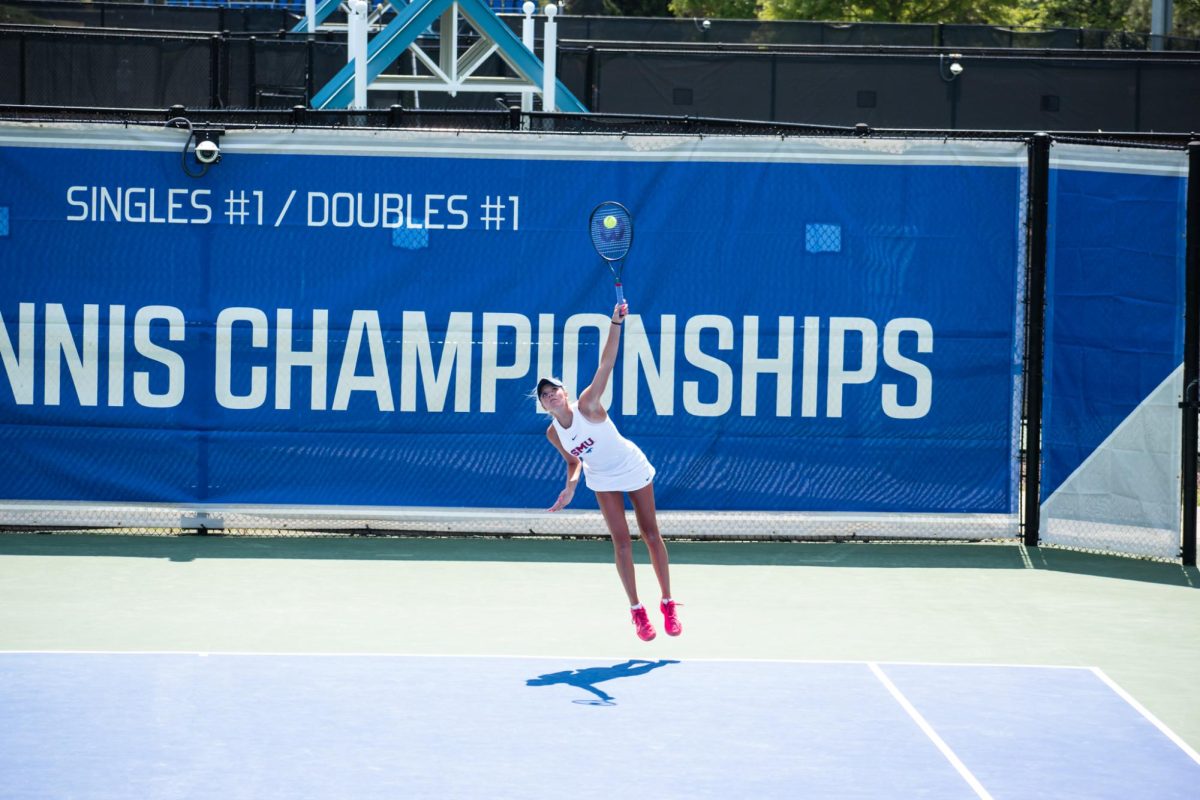Tim Jankovich wakes up every morning with a single question rattling at the forefront of his mind.
To him, it is a query that will eventually be answered in the affirmative. It is just a matter of time, not a question of “if.”
“Is today the day I get (COVID)? Personally, we are all thinking ‘Are we going to get it today?” Jankovich said, reflecting on this daily rumination that has become all too familiar among college coaches.
And, last Tuesday, Jankovich finally got his answer. It wasn’t that he had tested positive. But, as he looked at the daily coronavirus testing results he glances at habitually now, someone in his program did.
It meant isolation for the individual, whose identity is currently unknown, and quarantine for the several other players contact traced. SMU basketball, for the first time this season, shut down for at least a week.
“(We are getting tested) a good deal. Not every single day, but a good deal. There are so many protocols and I can’t even keep up with all of them,” Jankovich said.
The team has not seen each other since its last game against Temple on Jan. 11. It has since had three games postponed. Currently, if SMU resumes its schedule this Saturday as planned, it will have gone 12 days in between games.
“It is strange to not see your team for a week in the middle of basketball season,” Jankovich said. “… But those are the times we are in.”
And the times college basketball is in are pretty much summed up by Jankovich’s story. The questions, followed by shutdowns, is a pattern that has become the defining characteristic of the sport in recent weeks.
It is also, quietly, setting up a grueling month of February, where teams are compacting two months worth of games into 28 days.
The American Athletic Conference, and SMU by default, has been particularly hit by this. Every team in the conference has been shut down at least once. Houston, currently the leader of the conference, shut down for several weeks because all 15 of its players contracted the virus.
Since the start of 2021, 37% of the conference’s games have been postponed. SMU, since the start of the new year, has had 50% of its games postponed.
All of that has created a conference tournament feel to the month of February and the end of January. SMU’s schedule looks more like an itinerary for a visiting diplomat than a college basketball team.
SMU will play four games in eight days to finish out this month, traveling to four different cities in the process. It will make a trip to Florida, Tennessee and Texas all within a week.
Then, in February, it is slated to play seven games in 17 days. Three of those games will be road contests.
The American, which is the most geographically spread out conference in the country, already puts a travel stain on its members. This, adding in COVID-19 threats and a compact schedule, takes it further.
“We will have to adjust in the sense of our practice times and our practice numbers because of fatigue,” Jankovich said. “I mean, that kind of travel. Road game, you get back at two in the morning, and boom two days later you are playing again.”
“You can only ask so much of the athletes. We will practice less and shorter,” he added.
For now, though, SMU still has to make it back on the court. The team resumed practice on Tuesday.
Its most recent game against Tulane, which was supposed to occur on Wednesday, was postponed because of COVID-19 issues with Tulane. It will likely be made up in February, adding an eighth game to the 17-day period and another city to travel to.
As for expectations this Saturday, it depends on who you talk to. SMU had weeks off in December. So there is limited precedent for this.
“It doesn’t affect us too, too much,” Charles Smith IV said back in December after SMU came off a week off. “We still practice everyday and play 5-on-5.”
But, of course, nobody practiced this time around. Jankovich’s answer was more accurate perhaps.
“I don’t expect much,” he said.



